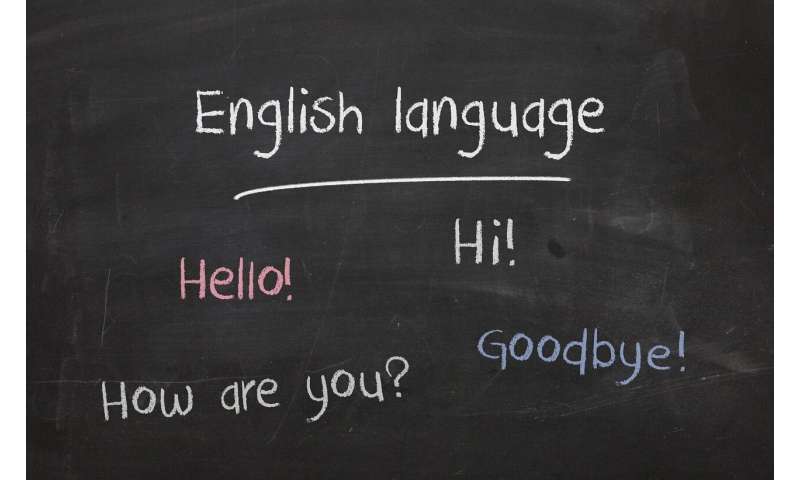
In 2019, an average of around 2.1 million Austrian inhabitants came from a migration background. Due to the changing demographic due to migration over the last few decades, more and more children are growing up multilingual. Many of them display problems in learning their second language (German) and are often diagnosed as having a suspected “impairment of language acquisition,” whereas the real problem is that they have not yet fully acquired their second language. This is due to the similarity between the manifesting features, which can only be differentiated by specialists.
Seeking a more accurate diagnosis, many of these children with a migration background attend the Outpatient Clinic for Children with Suspected Language Acquisition Impairments at MedUni Vienna’s Department of Pediatrics and Adolescent Medicine, which has capacity to assess four children per week. The clinic uses the “Vienna Model” of language assessment, which means that medical students, who are native speakers of the child’s mother tongue, support MedUni Vienna linguists in analyzing the child’s language competence in their first language. This has the advantage that specific cultural aspects can be identified as well as grammatical skills. “While, in principle, we could also use native speakers studying other subjects to help us, involving medical students has the great advantage that it simultaneously gives them experience in doctor-patient communications and furnishes them with background knowledge about developmental disorders and in particular language acquisition impairments as part of their studies,” explains study leader Brigitte Eisenwort.
Of around 40 children assessed in 2019, around half were found to have no clinically relevant language acquisition impairment. Instead, the problem lay with disruptive sociolinguistic factors, such as limited input in their mother tongue, for example.
Says Eisenwort: “Many children with a migration background receive a restricted input in their mother tongue, since the parents themselves had acquired a mother tongue that was suppressed for political reasons, for example, and therefore were unable to pass on a rich vocabulary or, in the process of migration, no longer have any need for complex sentence structures and sophisticated vocabulary, so that they are no longer able to pass these on to their children.”
Source: Read Full Article